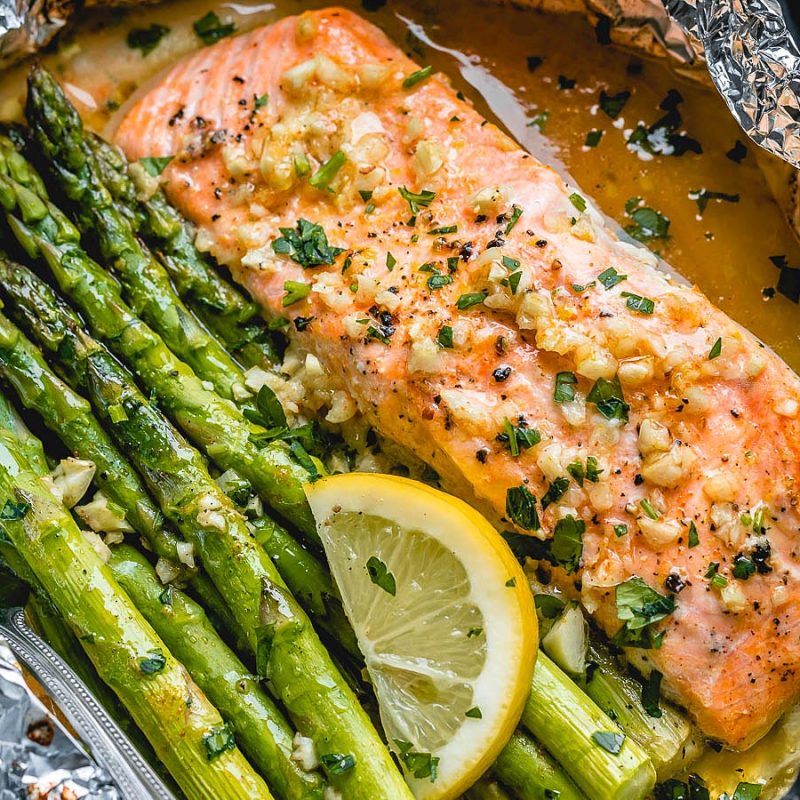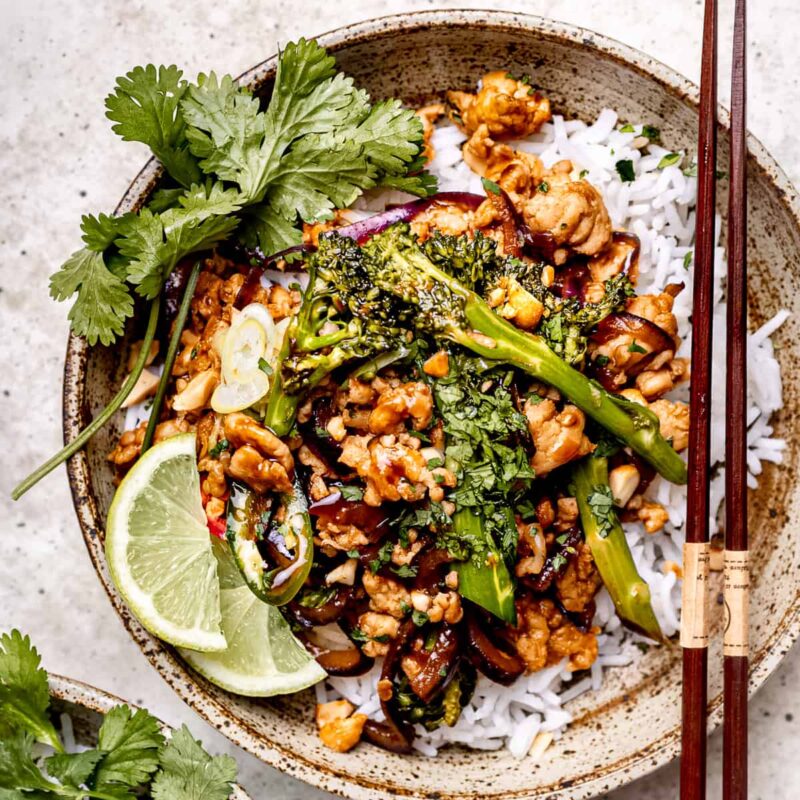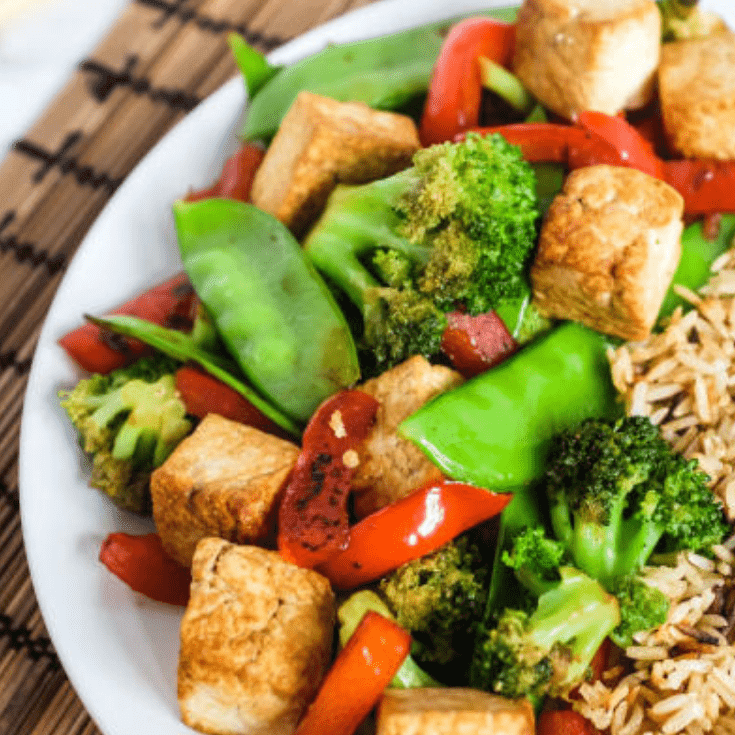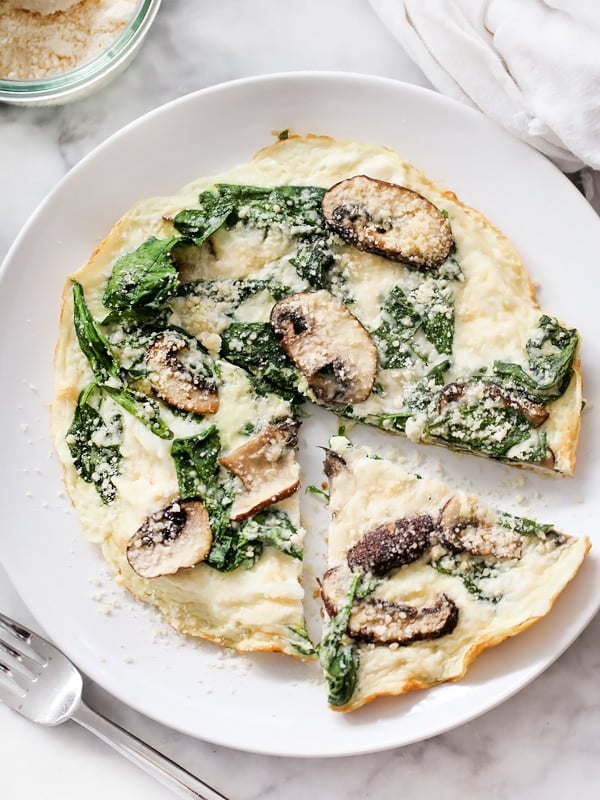Healthy Recipes, Weight Loss
Super Lean Meals for a Healthy, Balanced Diet: Recipes and Tips
Super Lean Meals for a Healthy, Balanced Diet: Delicious Recipes and Practical Tips
When it comes to maintaining a healthy lifestyle, the old saying “you are what you eat” couldn’t be more accurate. If you’re striving to stay fit, shed a few pounds, or simply feel more energized throughout the day, incorporating super lean meals into your diet is one of the most effective strategies you can adopt. But what exactly are super lean meals? And how can you seamlessly include them in your daily routine without feeling like you’re sacrificing flavor or satisfaction? Let’s dive in and uncover the secrets to eating lean and living clean.
What Are Super Lean Meals?
So, what exactly qualifies as a “super lean meal”? Simply put, a super lean meal is one that is rich in high-quality protein, low in unhealthy fats, and modest in carbohydrates. These meals are designed to provide the nutrients your body needs to function at its best, without the excess calories that can lead to weight gain or sluggishness.
Super lean meals are like the high-octane fuel for your body. Imagine your body is a luxury sports car; you wouldn’t put regular fuel in it, would you? Similarly, to run efficiently and perform at your peak, you need to feed your body with the right kind of nutrition.
Why Super Lean Meals Matter
Including super lean meals in your diet is more than just a trendy way to eat. These meals are crucial for anyone who wants to maintain a healthy weight, build or preserve muscle, and ensure their body is getting the necessary nutrients without overloading on unnecessary fats and sugars. As we go through life, our dietary needs change, and leaning towards meals that are lower in calories but higher in nutritional value can make a world of difference in how we feel and perform daily.
Key Ingredients for Super Lean Meals
Let’s talk about the building blocks of super lean meals. To create dishes that are both delicious and nutritious, you’ll want to focus on certain key ingredients that pack a powerful punch in the lean department.
Lean Proteins
Think of protein as the cornerstone of your super lean meals. Protein helps repair and build muscle, keeps you feeling full, and supports a healthy metabolism. Opt for sources like:
- Chicken Breast: A staple in any lean diet, it’s versatile, low in fat, and high in protein.
- Turkey: Particularly lean and flavorful, making it ideal for everything from stir-fries to salads.
- Fish: Salmon, tuna, and cod are excellent choices, offering healthy omega-3 fats alongside protein.
- Tofu and Tempeh: For vegetarians, these soy-based proteins are excellent for building muscle while staying lean.
Whole Grains
Carbohydrates aren’t the enemy, especially when they come from whole grains. These provide sustained energy without the crash that comes from refined carbs.
- Quinoa: A complete protein and rich in fiber, quinoa is a superfood that fits perfectly into a super lean meal.
- Brown Rice: Offers a steady release of energy and pairs well with almost any protein.
- Oats: Great for breakfast or adding to smoothies for extra fiber and nutrients.
Vegetables
No super lean meal is complete without a hefty serving of veggies. These nutrient-dense foods are low in calories but high in vitamins, minerals, and antioxidants.
- Spinach: A powerhouse of nutrients, from iron to vitamins A and K.
- Broccoli: Rich in fiber and vitamin C, it’s also great for boosting your immune system.
- Asparagus: Low in calories and packed with antioxidants, this veggie also supports digestive health.
Healthy Fats
While the focus is on lean eating, don’t forget to include small amounts of healthy fats, which are essential for brain health and hormone regulation.
- Avocado: Provides heart-healthy monounsaturated fats and a creamy texture to meals.
- Nuts and Seeds: Almonds, chia seeds, and flaxseeds add crunch and essential fatty acids.
- Olive Oil: A staple in Mediterranean diets, it’s perfect for cooking or dressing salads.
5 Super Lean Meal Recipes for a Balanced Diet
Now that you know the ingredients, it’s time to put them to use! Below are five super lean meal recipes that are not only healthy but also bursting with flavor. These meals are designed to be easy to prepare and packed with nutrients to keep you going all day long.
1. Grilled Chicken and Quinoa Salad
This dish is a perfect example of how a super lean meal can be both filling and satisfying. Grilled chicken breast, seasoned with your favorite herbs and spices, served over a bed of fluffy quinoa mixed with fresh spinach, cherry tomatoes, and a light vinaigrette. The result? A protein-packed meal that’s low in calories but high in taste.
2. Baked Salmon with Asparagus
Salmon is a fantastic source of omega-3 fatty acids, which are crucial for heart health. Pair it with asparagus, which is loaded with vitamins and minerals, and you have a meal that’s as nutritious as it is delicious. Simply season the salmon with lemon, garlic, and a touch of olive oil, bake it to perfection, and serve with a side of roasted asparagus.

3. Turkey Stir-Fry with Broccoli
This quick and easy stir-fry combines lean turkey breast with broccoli, bell peppers, and a soy-ginger sauce. It’s a meal that’s ready in minutes and provides a great balance of protein, fiber, and flavor. Serve it over a small portion of brown rice for a complete, super lean meal.

4. Tofu and Vegetable Stir-Fry
For a plant-based option, this tofu stir-fry is a winner. Tofu absorbs the flavors of the garlic, ginger, and soy sauce beautifully, while the mixed vegetables add crunch and color. This meal is high in protein and fiber, and it’s perfect for anyone looking to eat lean while enjoying a meat-free dish.

5. Egg White Omelet with Spinach and Mushrooms
Start your day with a protein-packed egg white omelet. Add spinach and mushrooms for extra nutrients and flavor. This super lean meal is low in calories but high in protein, making it an excellent choice for breakfast or even a light dinner.

Meal Prep Tips for Super Lean Meals
One of the keys to staying on track with your super lean diet is meal prepping. Having healthy, ready-to-eat meals on hand can help you avoid the temptation of unhealthy snacks or fast food.
Plan Your Meals
Start by planning your meals for the week. This doesn’t have to be complicated—just choose a few recipes that you can make in bulk and portion out for several days. For example, cook a large batch of quinoa, grill several chicken breasts, and chop up a variety of vegetables. These can be mixed and matched throughout the week to create different meals.
Portion Control
When prepping your meals, pay attention to portion sizes. Use containers that hold the right amount for your dietary needs. This not only helps with calorie control but also ensures that you’re getting the right balance of nutrients.
Storage Tips
To keep your meals fresh, store them in airtight containers in the fridge. Some meals, like soups or stews, can also be frozen for longer storage. Just make sure to label your containers with the date so you know when to eat them.
How to Incorporate Super Lean Meals into Your Daily Routine
Incorporating super lean meals into your daily routine doesn’t have to be a chore. With a little planning and some creativity, you can enjoy lean eating without feeling restricted.
Start Your Day Right
Begin with a lean breakfast, like an egg white omelet or a smoothie made with oats, spinach, and protein powder. This sets the tone for the rest of the day and helps you avoid reaching for unhealthy snacks mid-morning.
Pack Your Lunch
Bring a super lean meal to work or school. A grilled chicken salad or a turkey stir-fry is easy to transport and will keep you full until dinner. By bringing your own meal, you’re less likely to be tempted by takeout or vending machine snacks.
Keep It Simple for Dinner
For dinner, stick to easy, lean meals that don’t require a lot of preparation. Baked salmon with a side of vegetables, or a tofu stir-fry, are perfect options that can be ready in less than 30 minutes.
Common Mistakes to Avoid When Preparing Lean Meals
Even with the best intentions, it’s easy to make mistakes when preparing super lean meals. Here are some common pitfalls and how to avoid them.
Overloading on Carbs
While whole grains are part of a balanced diet, it’s important not to overdo it. Too much rice or pasta can turn a lean meal into a calorie-heavy one. Stick to appropriate portion sizes and balance your plate with protein and vegetables.
Using Too Much Oil
Healthy fats are essential, but they’re also high in calories. Be mindful of how much oil you use when cooking. A little goes a long way, and it’s easy to add extra flavor with herbs, spices, and citrus instead of more oil.
Neglecting Flavor
Just because a meal is lean doesn’t mean it has to be bland. Experiment with different seasonings, herbs,
and sauces to keep your meals exciting. A squeeze of lemon, a dash of hot sauce, or a sprinkle of fresh herbs can elevate a simple dish.
The Long-Term Benefits of Eating Super Lean Meals
Committing to a diet rich in super lean meals offers a host of long-term benefits. Not only will you feel better physically, but you’ll also be setting yourself up for success in maintaining a healthy weight and reducing the risk of chronic diseases.
Improved Energy Levels
When you fuel your body with nutrient-dense, lean meals, you’ll notice a significant boost in your energy levels. No more midday crashes or relying on caffeine to get through the day—your body will be running efficiently on the right kind of fuel.
Better Body Composition
Eating super lean meals helps you maintain or achieve a healthy weight while preserving muscle mass. This means you’re more likely to see the results of your workouts, whether your goal is to slim down, tone up, or build muscle.
Reduced Risk of Chronic Diseases
A diet focused on lean proteins, whole grains, and vegetables has been shown to reduce the risk of heart disease, diabetes, and certain cancers. By eating super lean meals, you’re taking proactive steps towards a longer, healthier life.
Conclusion
Incorporating super lean meals into your diet is a powerful way to take control of your health. With the right ingredients, delicious recipes, and some smart meal prep strategies, you can enjoy nutritious, satisfying meals that support your fitness and wellness goals. Remember, eating lean doesn’t have to be boring or restrictive—with a little creativity, you can create meals that are both healthy and enjoyable.
FAQs
1. What makes a meal “super lean”?
A super lean meal is typically high in protein, low in unhealthy fats, and moderate in carbohydrates, designed to provide essential nutrients without excess calories.
2. Can I eat super lean meals if I’m a vegetarian?
Absolutely! Super lean meals can be made vegetarian by focusing on plant-based proteins like tofu, tempeh, and legumes.
3. How often should I eat super lean meals?
You can incorporate super lean meals into your diet daily. The key is to balance these meals with a variety of other nutritious foods to ensure you’re getting all the necessary nutrients.
4. Are super lean meals good for weight loss?
Yes, because they are lower in calories and high in protein, super lean meals can help you lose weight by keeping you full and satisfied while reducing overall calorie intake.
5. Can super lean meals help build muscle?
Yes, the high protein content in super lean meals supports muscle repair and growth, making them ideal for those looking to build or maintain muscle.
6. What are some quick super lean meal ideas?
Quick options include grilled chicken with steamed vegetables, a turkey stir-fry, or an egg white omelet with spinach and mushrooms.
7. Is it expensive to eat super lean meals?
Not necessarily. By planning your meals and buying in bulk, you can create cost-effective super lean meals without breaking the bank.
8. Can super lean meals be frozen?
Yes, many super lean meals can be made in bulk and frozen for later use, making meal prep even more convenient.
9. What are some good snacks to pair with super lean meals?
Healthy snacks like Greek yogurt, mixed nuts, or sliced vegetables with hummus pair well with super lean meals and keep you full between meals.
10. How can I add more flavor to super lean meals?
Use herbs, spices, citrus juices, and low-calorie sauces to enhance the flavor of your meals without adding unnecessary calories.
